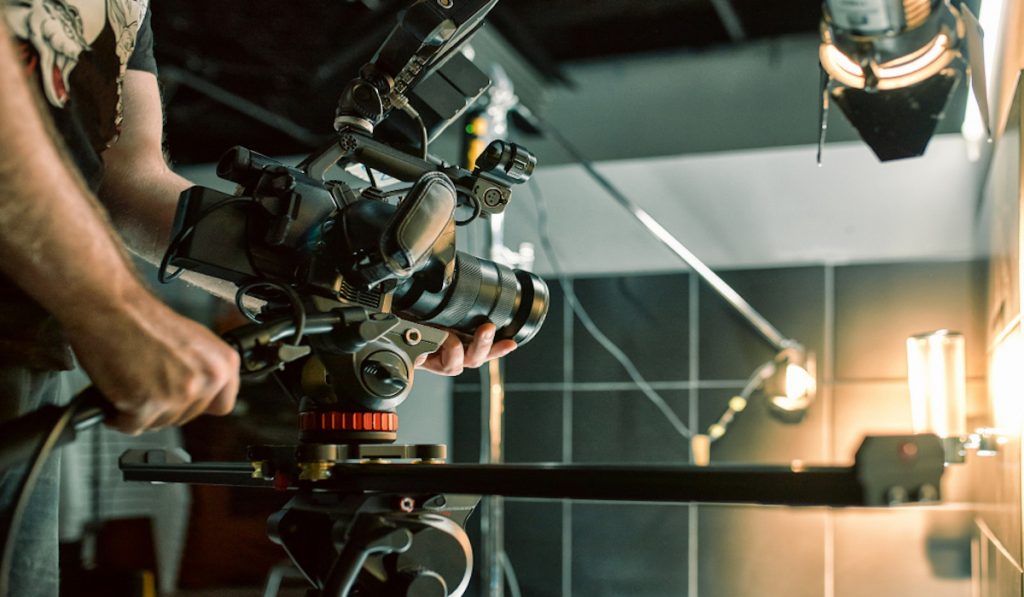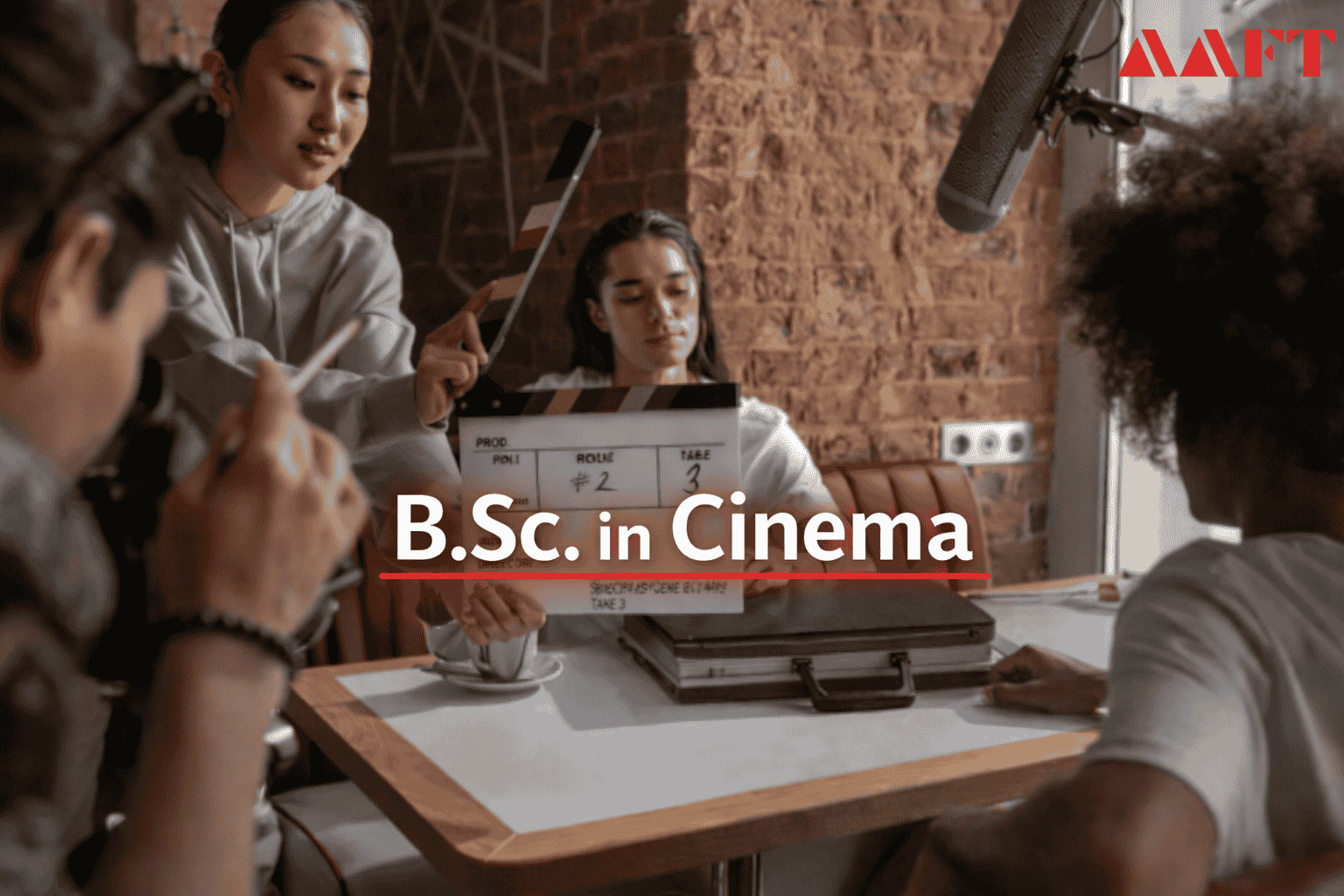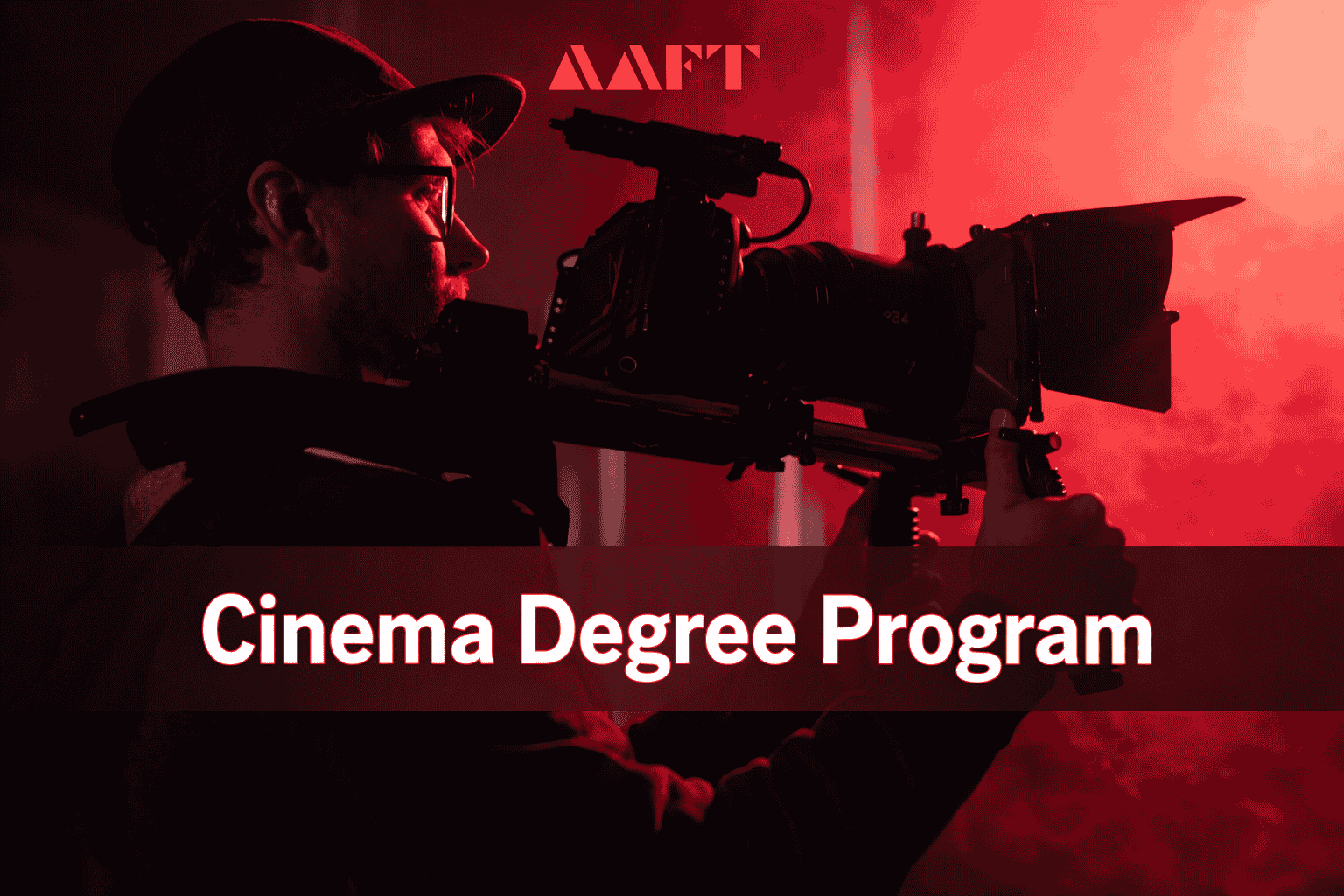A Complete Guide to Film making
Filmmaking is the art of portraying different skills and is the process of making a film. The process of filmmaking involves a series of steps from story idea to screening the film in front of the audience. Filmmakers are responsible for storytelling, the direction, deciding on a relevant screenplay, cinematography, finalization of the cast, checking on and estimating of budget, also to decide on the shooting locations, etc.
Career Opportunities in Filmmaking
Filmmaking is a rather vast field and at the same time faces a lot of competition. Many students wish to choose filmmaking as their career option. A diploma or degree in filmmaking will help the students to showcase their creativity and passion for the craft. Before pursuing your graduation in the field, you can check on the career opportunities and prospects here.
Skills you must possess for a career as a filmmaker:
For a career in filmmaking, one must hone and work on building their skillset. A filmmaker must have a diverse set of abilities and skills. Getting into the small details of the movie and creating differences that will lead to engaging the audience and more interest in the film. The skills which a filmmaker requires are:
Read Also: Is Obtaining A Degree Necessary For Making A Career in The Film Industry?
Technical abilities
- A filmmaker should be digital savvy and must understand the technology behind the process of filmmaking. In the journey as a filmmaker, you will learn something new each day. Technology keeps upgrading, and hence, one must be ready to move with the technology.
Creativity
- As a filmmaker, creativity is the key to touching and keeping the audience engrossed. Focusing on small details can impact the whole film. One must know how to use their creative imagination, and put focus on visual appeal.
Storytelling
- The filmmaker should depict the correct emotions using the correct storytelling skills and find a connection with the audience. The ideal scenario is always being able to engage with your connections. Ensure that all thoughts, dialogues, characters, acts, and scenes all lead to the same conclusion and convey the same tale.
Clarity
- A vision that is clear about what the story is and in which direction it is heading, how it will be acted. The filmmaker should be aware of all.

Read Also: Is Obtaining A Degree Necessary For Making A Career in The Film Industry?
Careers to pursue after Filmmaking course
After the course is completed in filmmaking, here are the job roles which can be pursued:
1. Production designers
As a production designer, the role will be to focus on the visual appeal of the film. Coordination with the director and producers for the creation of props, costumes, graphics, lighting, makeup, etc.
2. Screenwriters:
The main aim of screenwriters is to transform ideas into stories. Writing a great script that will create a direct impact on the audience. They are responsible for creating the blueprint of the film.
Read Also: Is Joining a Film School really Beneficial?
3. Cinematographers:
The cinematographer chooses the visual style and approach of the film which depends on the story and the feel. They are also responsible for ensuring the lighting of the film. They are also known as camera specialists and photography directors.
4. Film Directors:
They have to be involved in every phase of the film. The role of the director is to interpret the scripts, set the tone of the film, direct actors, and the camera work with editors to assemble the films. Their vision helps in the successful creation of the movie.
5. Producers:
They are responsible for overall coordination, supervision, and involvement in all phases of the production process. These are some of the roles the producer looks at-the budgeting, scheduling, hiring actors and crew, managing pre-production, production, and post-production.
Read Also: Cinematography- Know the Work and Responsibilities
6. Film Editors:
Film editing is done in the post-production phase of filmmaking. Editors have to coordinate with the director to know what scenes are to be cut and provide the final film for the audience to view.
Filmmaking Degrees which you can pursue:
- Diploma Courses: These courses are typically one to two years long and focus on practical aspects of filmmaking, such as basic camera operations, editing techniques, and fundamental storytelling principles. Diploma courses are ideal for those looking to quickly jumpstart their careers in the film industry.
- Bachelor’s Degree: Bachelor of Arts (BA) in Film and Television or Bachelor of Fine Arts (BFA) in Film Making are comprehensive three to four-year programs that provide extensive training in all technical and creative aspects of film production. These programs often include workshops, live projects, and internships to give students a holistic understanding of the film industry.
- Master’s Degree: Master’s programs, such as a Master of Fine Arts (MFA) in Film Making, delve deeper into specialized areas like film theory, advanced directing, and cinematography. These courses are typically two years long and are suitable for those looking to refine specific skills or pursue academic research in film studies.
Read Also: How Acting Classes Can Help You To Build A Confident Personality?
Conclusion
Filmmaking is a multi-dimensional art form involving various capacities and methods, from creating a script to showing the final product to an audience. Young filmmakers can pursue a variety of careers in this fantastical yet realistic world, including those as production design artists, scriptwriters, movie cameras, movie directors, producers, and film editors. For filmmakers to succeed, they need technical skills, creativity, storytelling talent, and clear-headedness. The film industry has different educational programs: diploma courses and master’s degrees that are meant to offer the necessary skills & knowledge for growth. To make influential & engaging movies that appeal to people in different parts of the world, moviemakers need to practice making films & adapt new technologies at the same time.










